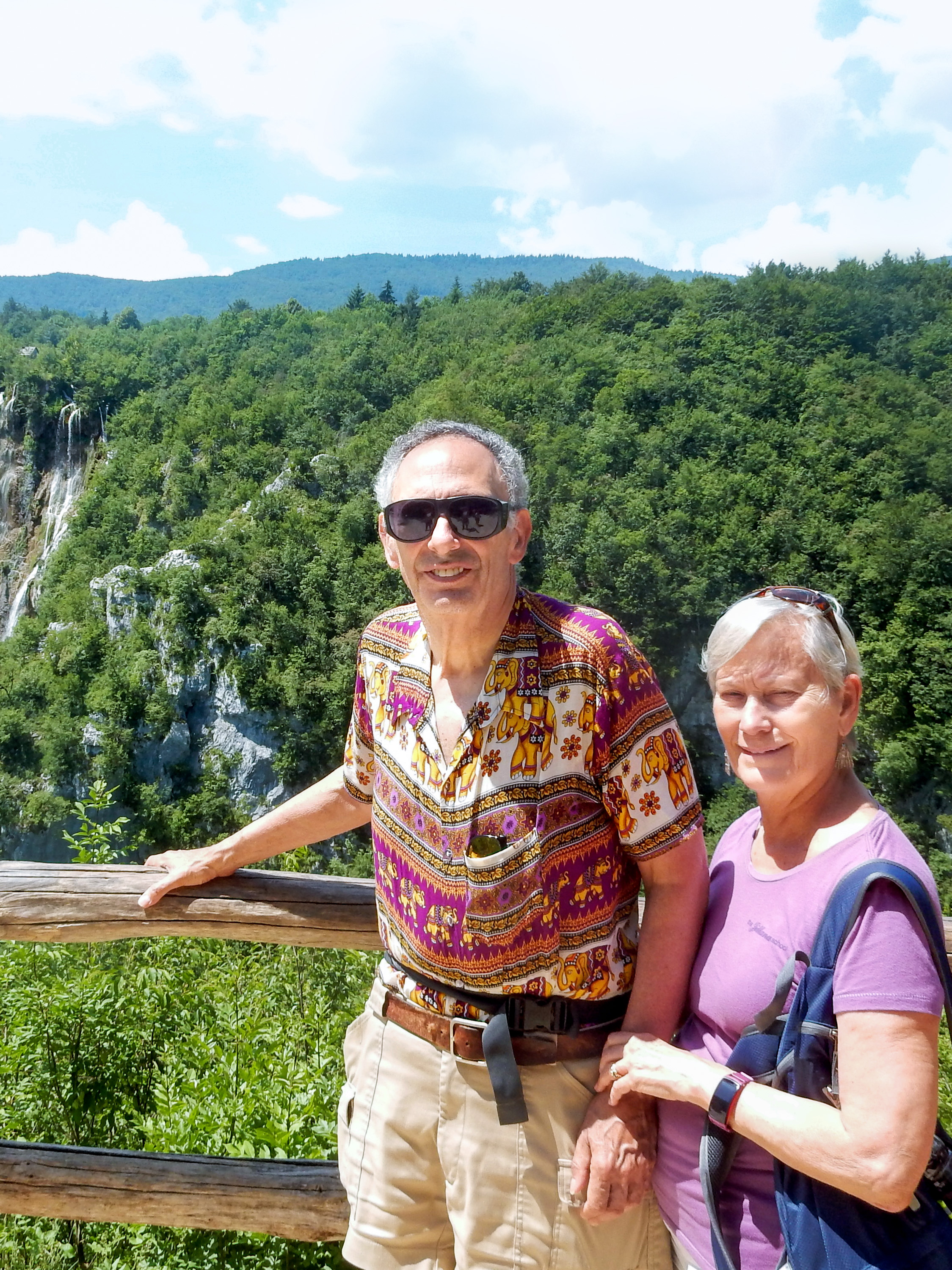Donald ’67, SM ’69, and Glenda Mattes
Boston, Massachusetts

Don Mattes started giving to the Picower Institute for Learning and Memory at MIT before he himself was diagnosed with Alzheimer’s disease. Since his death in 2020, his wife, Glenda, has carried forward Don’s passion for its work. “My wish is that no one ever has to go through the horrors of Alzheimer’s disease ever again,” Glenda says. The Matteses have also supported the Koch Institute for Integrative Cancer Research at MIT.
Legacy sparks hope. An early key employee of Andover Controls who later ran the company’s European operations, Don visited six continents with Glenda during their 30-year marriage—often to ski or bicycle. “Don’s was a life well lived, just too short,” Glenda says. The couple made provisions in their estate plan to support the Picower Institute. After Don died, Glenda made a gift to MIT of real estate that established both endowed and current-use funds there to support research on Alzheimer’s, dementia, and other neurodegenerative diseases. Glenda is a cancer survivor, and the gift also endowed a fund in the couple’s name at the Koch Institute.
Great discoveries being made at MIT: “Don always said the best thing he got from MIT was being taught how to think,” Glenda says. “MIT is an amazing place. Picower Institute director Li-Huei Tsai and her team are doing more than looking for a treatment for Alzheimer’s. They’re looking for the root cause of the disease. I am also fascinated with the Koch’s melding of engineering and biology. The chances they are going to solve the cancer issue someday are very high.”
Help MIT build a better world.
For more information, contact Amy Goldman: (617) 253-4082; goldmana@mit.edu. Or visit giving.mit.edu/planned-giving.
Keep Reading
Most Popular
Large language models can do jaw-dropping things. But nobody knows exactly why.
And that's a problem. Figuring it out is one of the biggest scientific puzzles of our time and a crucial step towards controlling more powerful future models.
How scientists traced a mysterious covid case back to six toilets
When wastewater surveillance turns into a hunt for a single infected individual, the ethics get tricky.
The problem with plug-in hybrids? Their drivers.
Plug-in hybrids are often sold as a transition to EVs, but new data from Europe shows we’re still underestimating the emissions they produce.
Google DeepMind’s new generative model makes Super Mario–like games from scratch
Genie learns how to control games by watching hours and hours of video. It could help train next-gen robots too.
Stay connected
Get the latest updates from
MIT Technology Review
Discover special offers, top stories, upcoming events, and more.